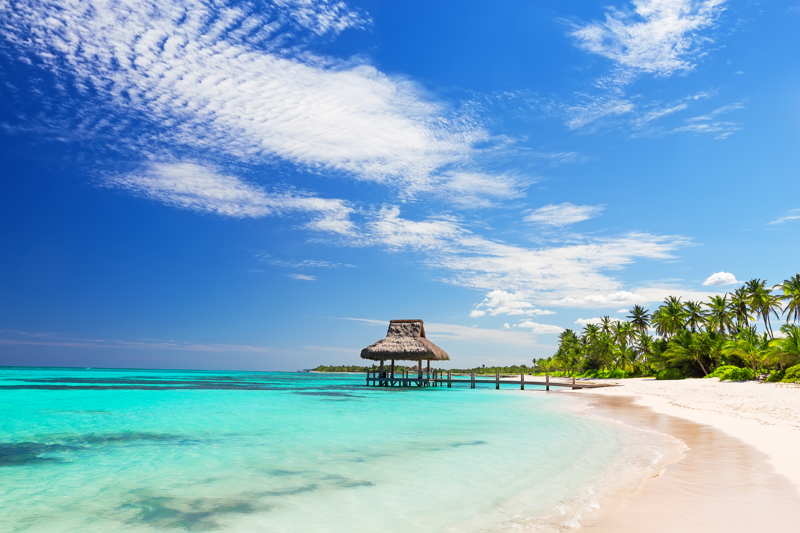The market for real estate in the Dominican Republic is safer than it has ever been. Up until recently, property titles were a shambles.
Deals were made without much regard to the law. Investing in the Dominican Republic was a pure gamble.
Now, thanks to a major government initiative to clean up the real estate sector, the Dominican Republic real estate market has been given a shake-up.
Titles everywhere have been cleaned up and put in order. Rights of possession have been abolished.
Clear procedures exist—and are being followed—for the purchase of real estate. It is now a low-risk, fully regulated market.
The market for real estate in the Dominican Republic bubbled through 2008 then crashed, and prices remain down.
Currently the price of real estate in this country is dramatically undervalued compared with other developed Caribbean markets, but there’s no reason to think these low prices will last.
With rapidly growing infrastructure (highways, underground utilities, new buildings, etc.) and tourism drivers (cruise ports, resorts, and more) real estate in the Dominican Republic is bound to flourish.





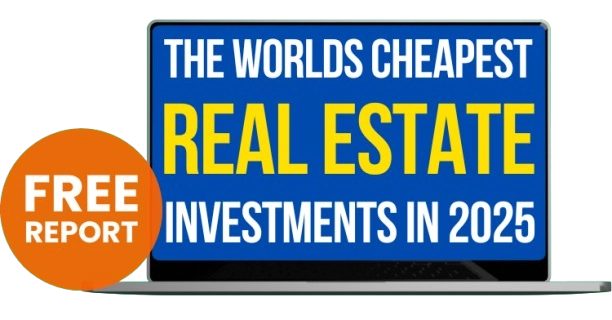



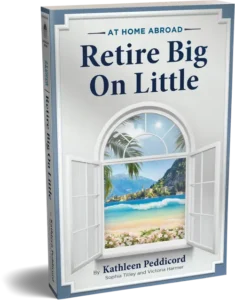


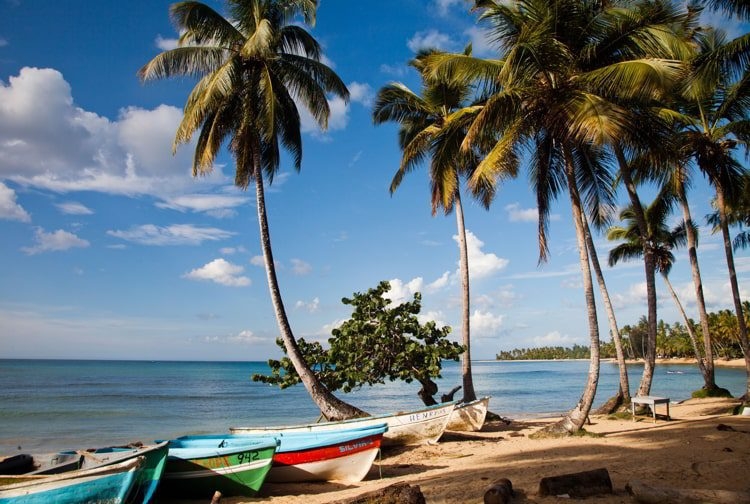 . '
. '
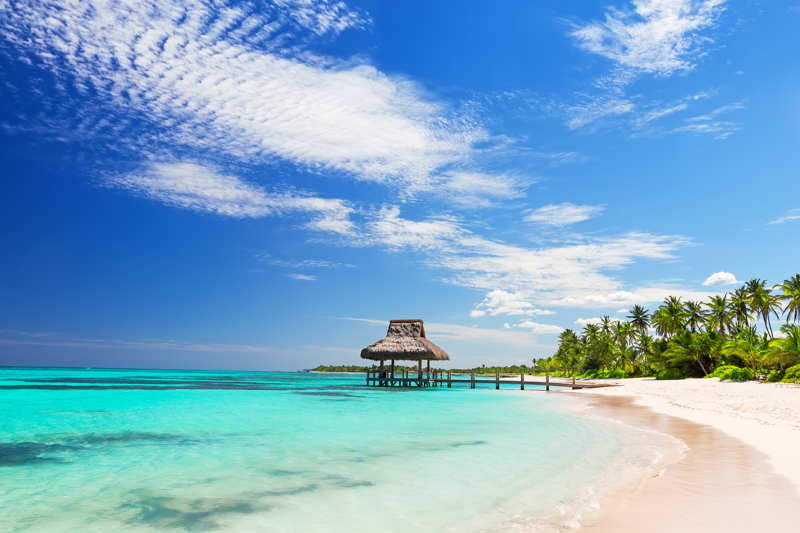 . '
. '
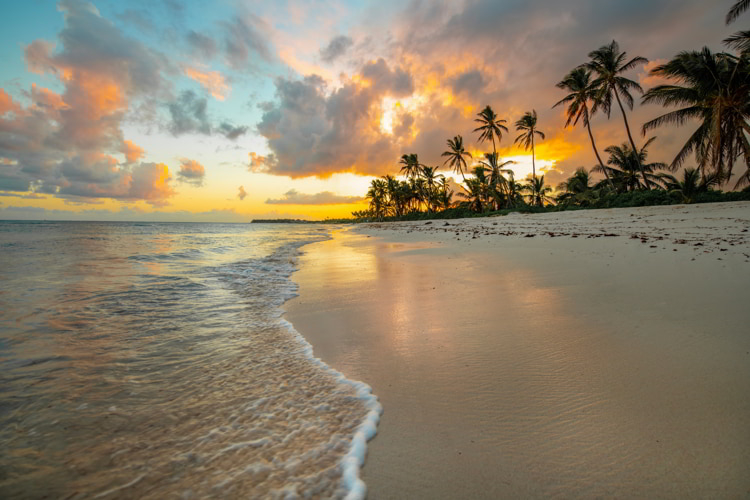 . '
. '
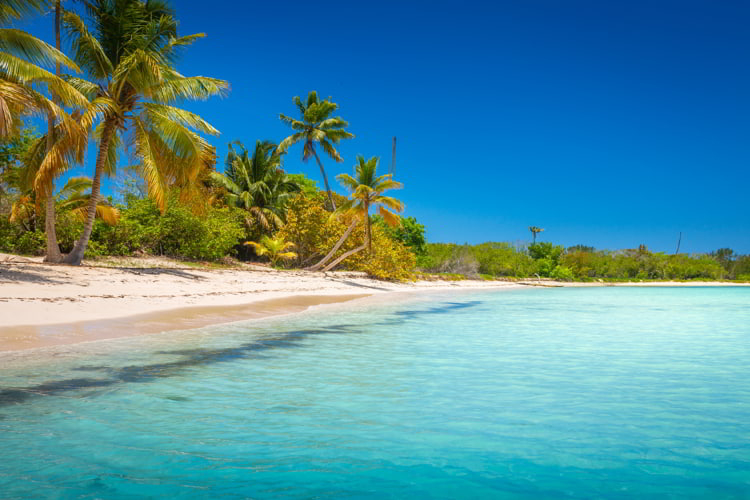 . '
. '
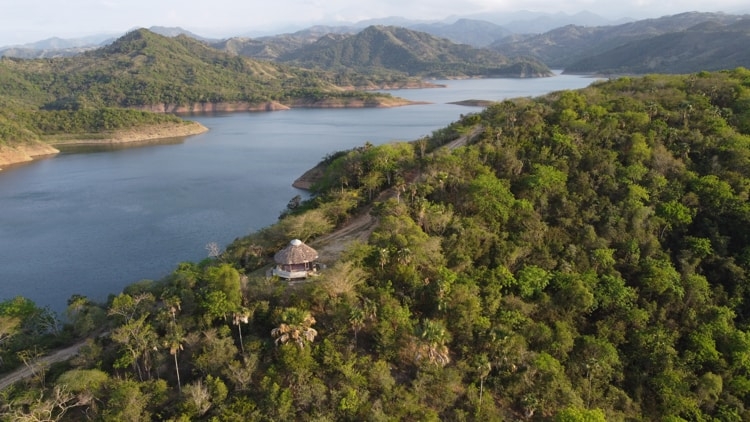 . '
. '

